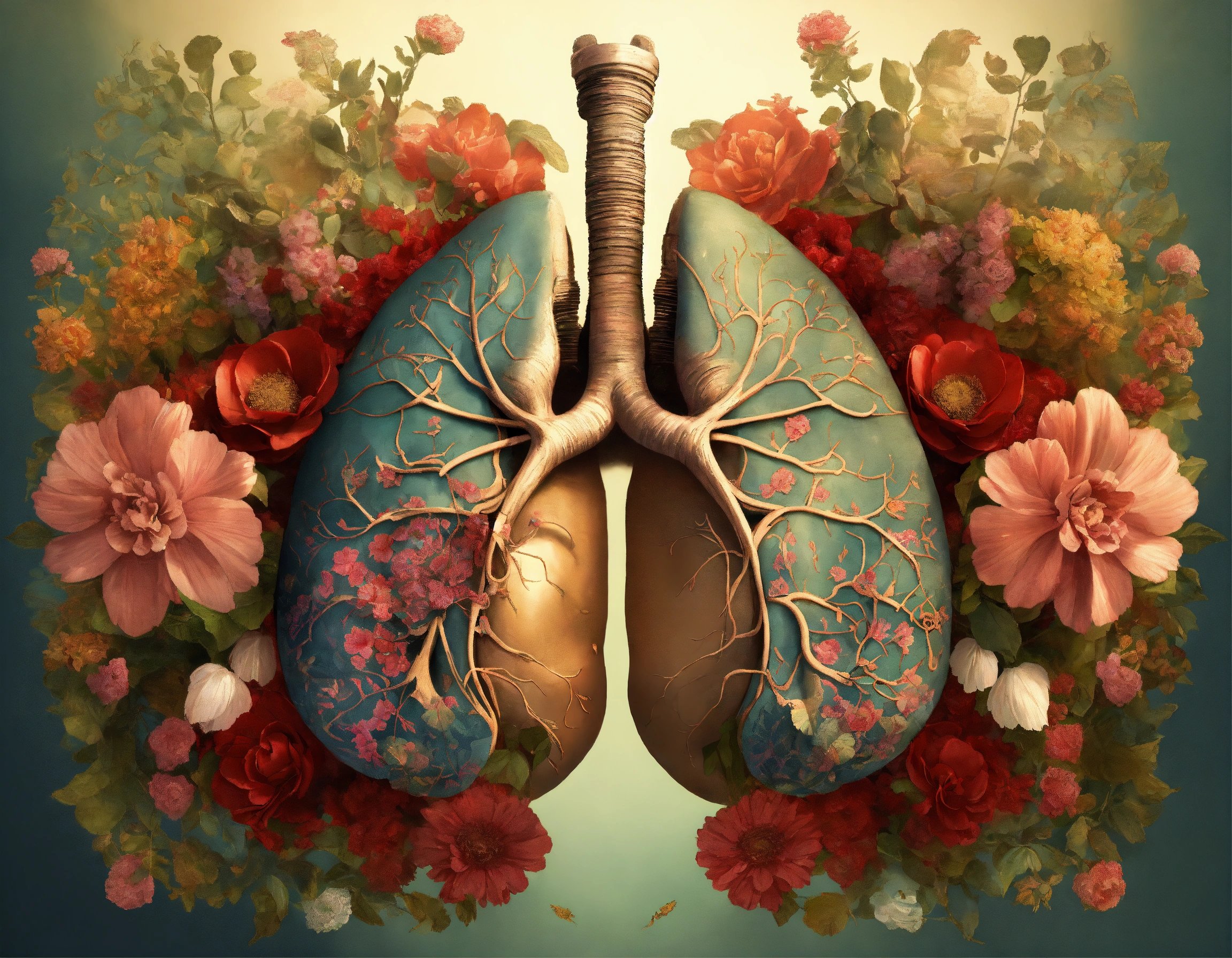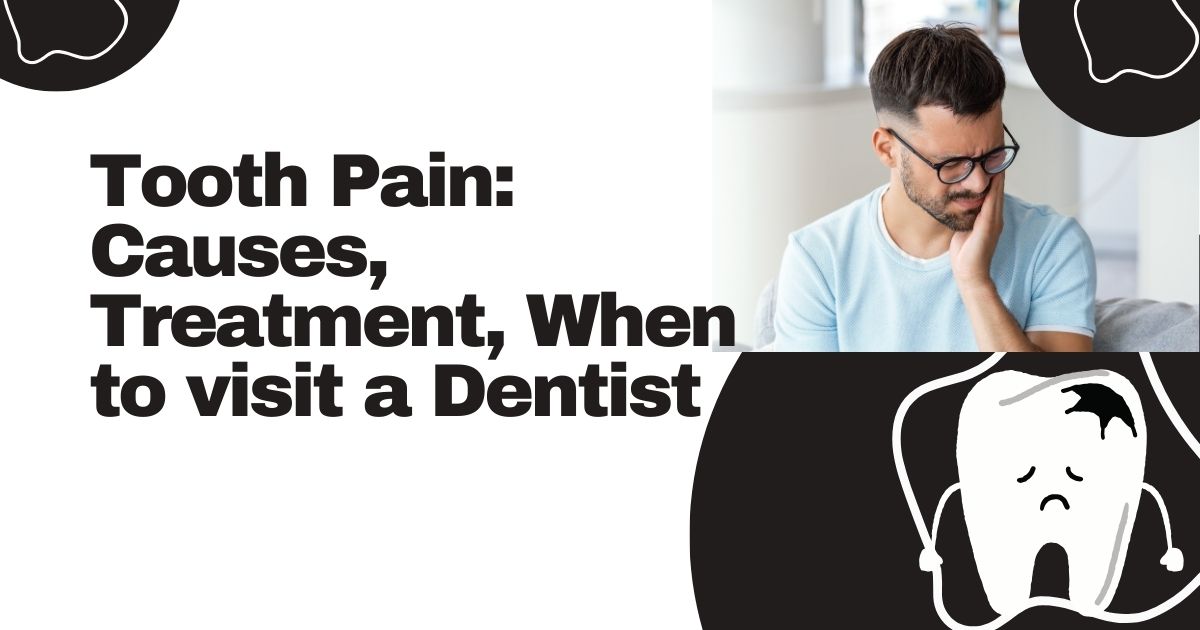How to Keep Your Lungs Healthy Effective Strategies for Lung Health
Our lungs play a crucial role in our overall well-being. They are responsible for supplying oxygen to our bloodstream and expelling carbon dioxide. However, in today’s polluted environment, maintaining healthy lungs is more important than ever. In this article, we’ll explore practical ways to filter and protect your lungs.
1. Breathe Clean Air
The first step in lung health is to ensure you’re breathing clean air. Here’s how:
- Avoid Smoking: If you smoke, quitting is the best thing you can do for your lungs. Smoking damages lung tissue and increases the risk of lung diseases.
- Indoor Air Quality: Keep indoor spaces well-ventilated. Use air purifiers to filter out pollutants like dust, pet dander, and volatile organic compounds (VOCs).
- Outdoor Air Pollution: Be mindful of outdoor air quality. Check local air quality indexes and avoid outdoor activities during high pollution days.
2. Regular Exercise
Physical activity is essential for lung health. Exercise helps improve lung capacity, strengthens respiratory muscles, and enhances overall fitness. Aim for at least 30 minutes of moderate exercise most days of the week.
3. Stay Hydrated
Proper hydration keeps lung tissues moist and helps maintain optimal lung function. Drink plenty of water throughout the day.
4. Practice Deep Breathing
Deep breathing exercises promote lung expansion and strengthen lung muscles. Try diaphragmatic breathing or pursed-lip breathing techniques.
5. Avoid Harmful Substances
- Radon: Test your home for radon, a colorless, odorless gas that can seep into buildings from the ground. Prolonged exposure to radon increases lung cancer risk.
- Asbestos: Avoid exposure to asbestos, commonly found in older buildings. Asbestos fibers can cause lung scarring and cancer.
6. Nutrition Matters
- Antioxidant-Rich Foods: Consume foods high in antioxidants, such as berries, leafy greens, and nuts. Antioxidants protect lung cells from damage.
- Vitamin D: Adequate vitamin D levels are essential for lung health. Get sunlight exposure or consider supplements.
7. Protect Against Infections
- Flu and Pneumonia Vaccines: These vaccines reduce the risk of respiratory infections.
- Hand Hygiene: Wash your hands frequently to prevent the spread of germs.
8. Monitor Your Breathing
Pay attention to any changes in your breathing patterns. If you experience persistent cough, shortness of breath, or chest pain, consult a healthcare professional promptly.
Conclusion
Taking care of your lungs is a lifelong commitment. By following these strategies, you can filter out harmful elements and maintain healthy lung function. Remember, healthy lungs lead to a healthier life overall.







